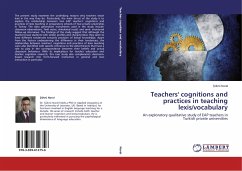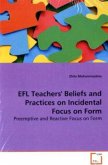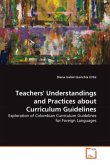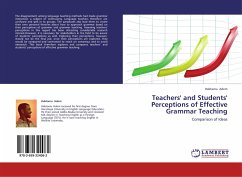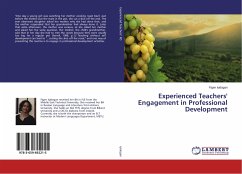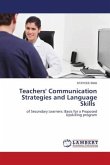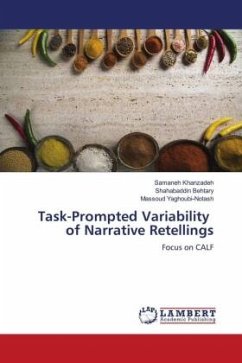The present study examines the underlying reasons why teachers teach lexis in the way they do. Particularly, the main thrust of the study is to explore the relationship between two EAP teachers' cognitions and practices of lexis teaching in preparatory schools of two private universities in Turkey. The data generation instruments used in the study include classroom observations, field notes, stimulated recall, and semi- structured follow-up interviews. The findings of the study suggest that although the teachers have students with similar profiles and characteristics they seem to have different tendencies towards provision of lexical knowledge. Apart from the factors underpinning the difference in their tendencies, the relationship between teachers' cognitions and practices of lexis teaching were also identified with specific reference to the determinants that have a role to play in the correspondence between their beliefs and actual classroom behaviour. With its implications forteacher education and teacher cognition research, this case study also complements classroom-based research into form-focused instruction in general and lexis instruction in particular.

